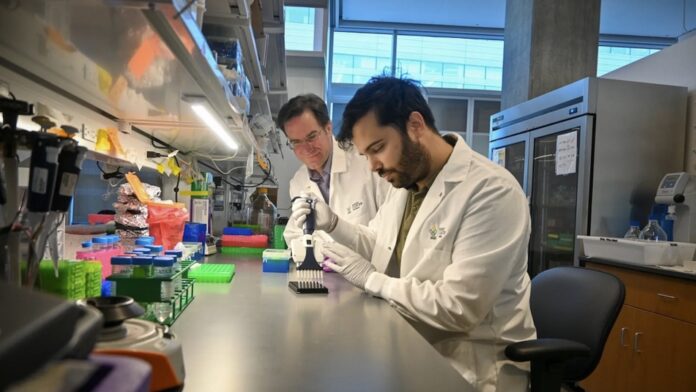Revolutionizing Early Detection
In a remarkable breakthrough, researchers at the Oregon Health & Science University (OHSU) Knight Cancer Institute have developed a novel blood test that has the potential to detect pancreatic cancer at an early stage. This good news comes at a time when pancreatic cancer remains one of the deadliest cancers, with a five-year survival rate of around 10%. The test, named PAC-MANN, identifies specific biomarkers associated with pancreatic cancer, offering hope for improved outcomes through early intervention.
Under the leadership of Dr. Jared Fischer, Dr. Jose L. Montoya Mira, and their team, this innovative test has shown promising results in recent studies. By analyzing minute blood samples for changes in protein activity, the researchers were able to detect early-stage pancreatic cancer with high accuracy, especially when combined with the existing CA 19-9 biomarker. This uplift in detection capabilities signifies a potential game-changer in the fight against pancreatic cancer.
A New Tool in Early Diagnosis
Pancreatic cancer is often diagnosed at an advanced stage, which complicates treatment options and reduces survival rates. With this new blood test, patients could receive timely diagnoses, thus opening the door to more effective treatment plans and increased survival rates. This discovery is particularly inspiring for those at high risk, including individuals with a family history of pancreatic cancer and those with pre-existing health conditions.
The research team is optimistic about the potential of this test, noting that if it receives regulatory approval, it could become a standard part of routine health screenings, especially for high-risk individuals. Their work exemplifies the spirit of innovation in the medical field, paving the way for more personalized and proactive healthcare solutions. As this positive development gains traction, it is a reminder of the incredible advancements being made in medical science, igniting hope for patients and families affected by this challenging disease.


